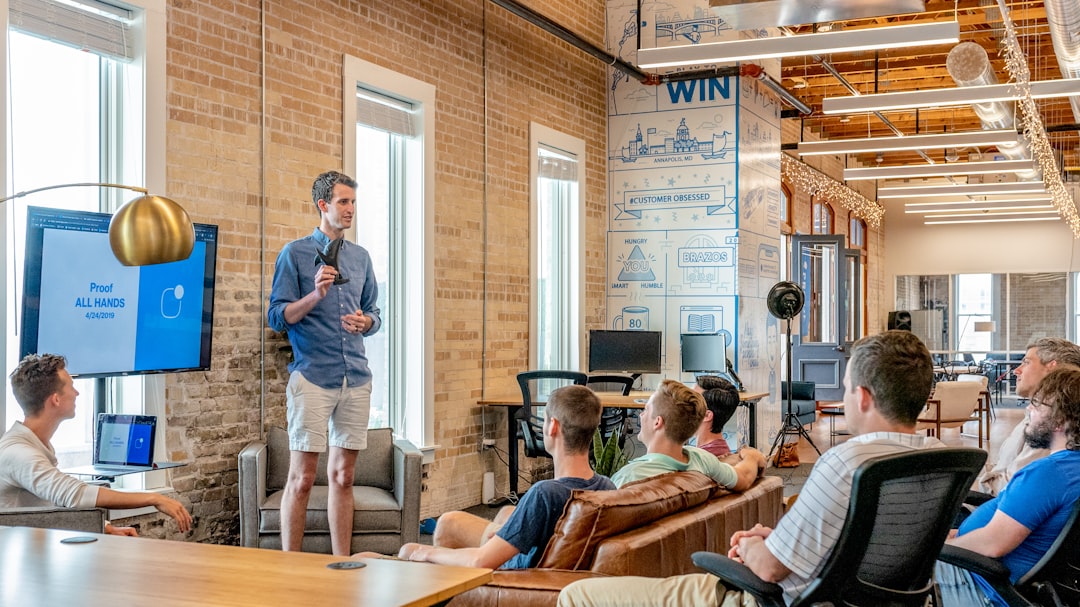Department of State Regulations (partial list)
Students are NOT guaranteed participation in school sports, graduation, receipt of a diploma, or participation in graduation ceremonies.
Sponsors must ensure that host schools are provided information for the local coordinator (including full name, direct phone number, and e-mail address), the program sponsor, and the Department of State’s Office of Designation.
Schools must be provided with a student’s academic transcripts in English.
No more than five exchange students from a single organization may be placed at one high school, unless written authorization is obtained from the school allowing for more than five.
All exchange students must be permitted to participate in a full course of study at their US high school.
Organizations may not knowingly place a student based on athletic ability, whether initiated by the student, host family, natural family, school, or any other interested party.
Under no circumstances may a sponsor charge an exchange student for private school tuition if such arrangements are not finalized in writing prior to issuing a form DS-2019.
Organizations must inform high schools of the number of years of schooling a student has completed in their home country prior to enrollment and whether or not a student has graduated.
Program Requirements:
Exchange programs must be at least one semester in length and no longer than two semesters.
In order to view student photos, a host family must have completed the entire application process (background checks, application, photos, interview, references) and be approved.
Program Promotion and Host Family Recruitment:
Sponsors cannot promote or recruit for their programs in any way that compromises the privacy, safety or security of participants, families, or schools. Specifically, sponsors shall not include personal student data or contact information (including addresses, phone numbers or email addresses) or photographs of the student on Web sites or in other promotional materials.
Sponsors cannot make monetary payments or other incentives to host families.
The coordinator may not serve as both host family and local coordinator for the same student.
The coordinator may not supervise a student for whom they are in a position of authority, such as their teacher or principal. However, a student may be hosted by someone who is also their teacher or principal.
All host family members living in the home and 18 or older must undergo a criminal background check as part of the host family application process.
All host families, without exception, must receive an orientation prior to the student’s arrival to their home.
Sponsors must ensure that the host family is capable of providing a comfortable and nurturing home environment and that the home is clean and sanitary; that the exchange student’s bedroom contains a separate bed for the student that is neither convertible nor inflatable in nature; and that the student has adequate storage space for clothes and personal belongings, reasonable access to bathroom facilities, study space if not otherwise available in the house and reasonable, unimpeded access to the outside of the house in the event of a fire or similar emergency. An exchange student may share a bedroom, but with no more than one other individual of the same sex.
Single adult host families with no children living at home must undergo a secondary level of review and be approved, in writing, by the exchange student and natural parents.
As part of the application process, photos of the host family’s home must be submitted, including student’s bedroom, bathroom, kitchen, common area (living/family room), front exterior, back exterior.
Exchange students must have their own bed and may share a bedroom with no more than one host sibling of the same gender.
Sponsors must ensure that the host family has adequate financial resources to undertake hosting obligations and is not receiving needs-based government subsidies for food or housing.
Students may not be placed with relatives living in the US.
A coordinator may not host a student for one organization if they are serving as a local coordinator for a different organization.
During the in-home interview ALL host family members must be present.
Personal references attesting to a host family’s good reputation and character must be obtained from at least two individuals from within the host family’s community not related to the host’s family.
All host family members living in the home and 18 or older must undergo a criminal background check as part of the host family application process.
As part of the application process, photos of the host family’s home must be submitted, including student’s bedroom, bathroom, kitchen, common area (living/family room), front exterior, back exterior.
- For every permanent host family, a second in-home visit must be conducted by an organizational representative not involved in the recruiting, screening and selection of the host family within two months of a student’s arrival to the home (within one month if a temporary placement).
- Students may not be employed in the US on either a full-time or part-time basis but may accept sporadic or intermittent work such as babysitting or yard work.
- Coordinator must maintain regular monthly contact with both students and host families.
- Coordinator must have in-person contact with a host family at least once per semester.
- Coordinator must live within 120 miles of any host family/student they are supervising.
- Students must receive an orientation shortly after arrival to the US and their host family.
- Coordinator must have in-person contact with a student during the first month.
- Students cannot be denied access to their travel documents.Most rules are made for a reason and each of the DoS regulations have been developed for a purpose. We expect our Local Coordinators to follow the DoS rules carefully as they're based on common sense. The DoS has a test that each Local Coordinator with every organization must pass in order to serve as an LC. Study the information in the above tabs to prepare for the test.
For a full listing of the Department of State Exchange Visitor Program Regulations, CLICK HERE.
When an exchange student arrives in the U.S., their journey begins, right?
Actually, they've been in process for months. Next we'll show you how an exchange student got here... not just by plane but the whole process, and there are some important details for you to know.
Working with Key People
Key People are leaders in a community that can give you access to present about student exchange or they can give you access through flyers or emails to a larger group of people. If Key People will help you find host families, your job becomes easier and more successful. Click on the tabs below to learn about developing a network of Key People.
Who are Key People?
What do we do with Key People?
Our first task is to make a huge list of every potential Key Person we could imagine or find on the internet. Why? Not everyone of them will feel that student exchange is the best match for their group. It takes the pressure off of us and in-turn takes the pressure off of them if we have a huge list of potential Key People. If one of them says no, we won't sweat it because we have 50, 100, or 200 more to call on. Don't let those numbers overwhelm you. You may get help from the first five you ask and that may be sufficient to reach your goals. But if you have big goals, or if the first 5, 10, or 15 don't pan out, it's helpful to have a big list. Remember, if you only put in 3-or-more-hours per week, having a huge list of names might help you network for a whole year.
Assignment
1. Let's start with teachers! On your LC Tracker, make a list of foreign language teachers and school club leaders in your district or surrounding area. Add other teachers, leaders, or influential adults you know personally. Don't limit your list to a number. Instead, list as many as you can in the allotted time that you give yourself (schedule). If you're not satisfied with the number of people on your list, schedule another time to work at it.
2. In the LC shared folder, read the PDFs:
4.2.03 Teacher Phone Call
4.2.04 Language Teacher Email
When to start? Now... or schedule the time.
Did you click on each tab? There is an assignment in the [How and When?] tab, we don't want you to miss it. 😉 😉
Bravery & Authenticity in a Digital World. Chase Jarvis with Brené Brown







